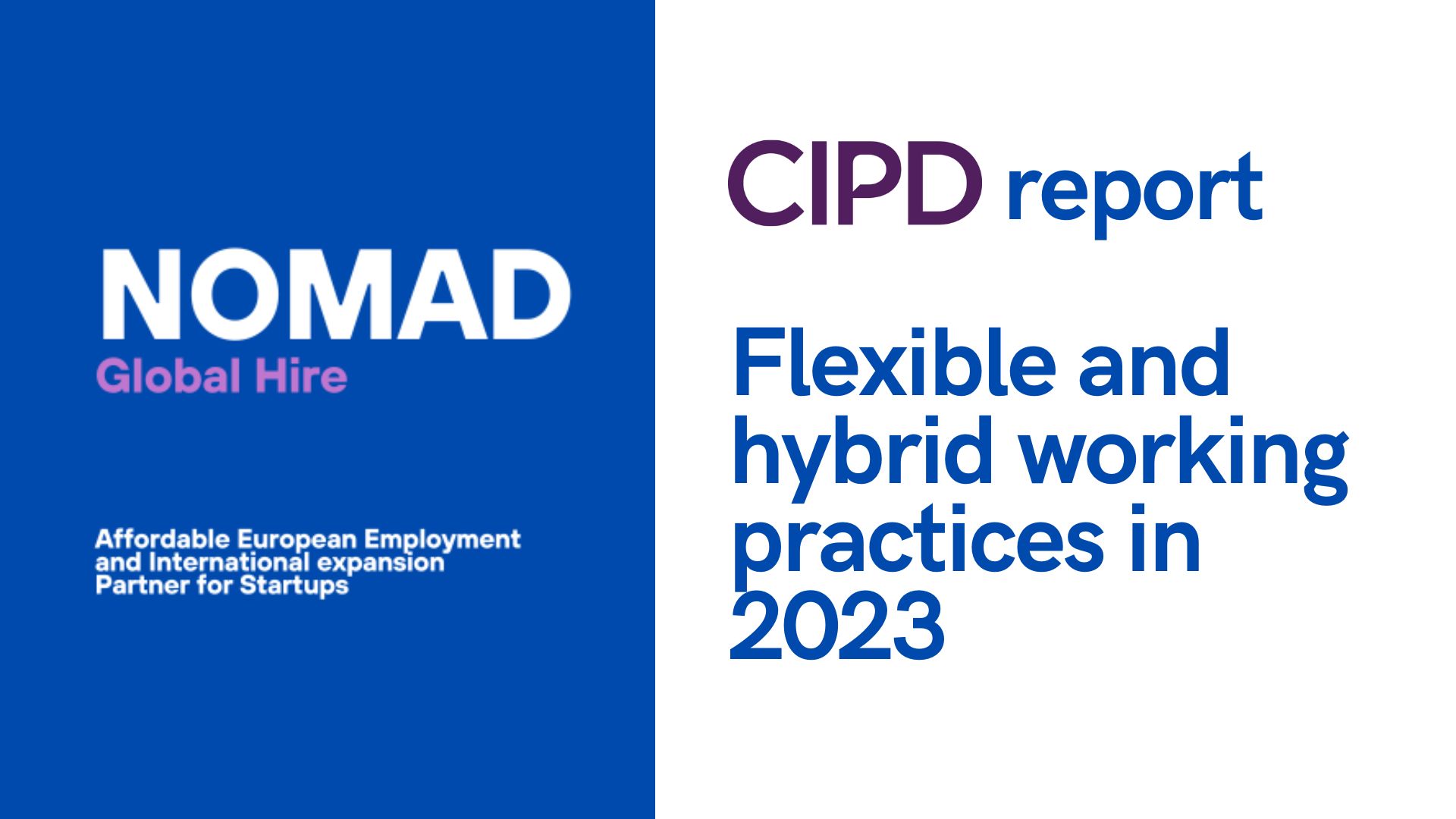The CIPD organisation in London, UK, has published its research findings exploring employer and employee perspectives of flexible and hybrid working practices and asks whether organisations are doing enough to meet employee demand. Those findings shed a light on the current situation in the UK labour market and its approach to remote and hybrid work.
24% of organisations take an informal approach to Flexible working
While the CIPD research showed an increase in requests for flexible and hybrid working, and that three-fifths of employers already offer this, they also found that there’s unmet demand for varying types of flexible working. CIPD have found that organisations are taking varied approaches to hybrid working: while 45% have a formal policy, 24% take an informal approach, but they can still do better.
Considering that 6% of UK employees changed jobs in 2022 due to a lack of hybrid or remote working options, and 12% left their profession/sector altogether, it is essential for employers to increase both formal and informal flexible working arrangements to improve staff retention and attract the best talent.
Some incoming changes in the UK legislation
The UK Government’s proposal to make the right to request flexible working from day one, rather than after 26 weeks of employment, is likely to further escalate the amount of flexible working requests from employees. But the CIPD research shows 49% of organisations were unaware of the impending changes!
There are many ways to provide flexible working options
While a myth persists that flexible and hybrid working is only suitable for certain industries, an increase in access to different forms of flexibility, including different start and finish times, compressed hours, job-shares, the ability to swap shifts, etc, will help organisations offer better options to their employees, regardless of their job role or sector they work in.
Implications and Recommendations for organisations
While these CIPD findings are based on UK data, the broader trends and implications should be of interest wherever you are based.
1 Implement internal policies that allow your employees to request flexible working from day one of employment and, wherever possible, stipulate in job adverts that jobs can be done flexibly, attracting a wider pool of candidates who are looking for flexible roles.
2 Raise awareness of different forms of flexible working, such as compressed hours and job-sharing, and explore how they can be effective in roles that have traditionally been seen as non-flexible. Make sure that you consider what type of flexibility is possible in non-office and front-line roles.
3 Consult and collaborate with employees when designing hybrid working practices. Develop clear and transparent policies and principles about eligibility for – and access to – hybrid working, and establish systems to monitor decision-making and access. Develop ways of creating a stronger connection between employees and your organisation’s purpose and culture (as this tends to be most impacted by hybrid working) and continue to review, adapt and improve your approach.
4 Assess organisation risks relating to equality and inclusion and develop an action plan to ensure that hybrid working supports inclusion. Include inclusion in every aspect of hybrid working implementation. Ensure equality of opportunity for learning and development and reward and recognition, regardless of where and when people work.
5 Provide training to managers on how to manage flexible and hybrid teams effectively and give support around performance management, remote communication, collaboration and relationship-building, and employee development and progression
You can see the full report HERE on the CIPD Website





